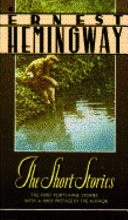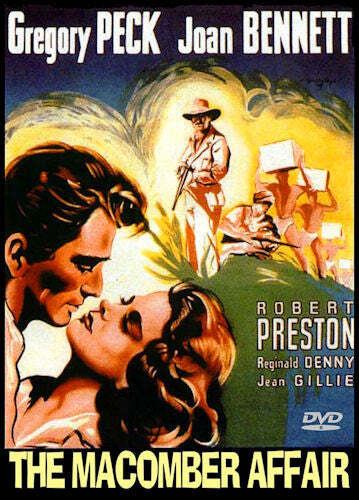What do you think?
Rate this book


499 pages, Paperback
First published October 14, 1938





The major did not marry her in the spring, or any other time. Luz never got an answer to the letter to Chicago about it. A short time after he contracted gonorrhea from a sales girl in a loop department store while riding in a taxicab through Lincoln Park.
Nick took the line in his left hand and pulled the trout, thumping tiredly against the current, to the surface. His back was mottled the clear, water-over-gravel color, his side flashing in the sun. The rod under his right arm, Nick stooped, dipping his right hand into the current. He held the trout, never still, with his moist right hand, while he unhooked the barb from his mouth, then dropped him back into the stream...He's all right, Nick thought. He was only tired.
“Nick said nothing. The liquor had all died out of him and left him alone. Bill wasn’t there. He wasn’t sitting in front of the fire or going fishing tomorrow with Bill and his dad or anything. He wasn’t drunk. It was all gone. All he knew was that he had once had Marjorie and that he had lost her. She was gone and he had sent her away. That was all that mattered. He might never see her again. Probably never would. It was all gone, finished.”
“The boys at first were very polite about my medals and asked me what I had done to get them. I showed them the papers, which were written in very beautiful language and full of fratellanza and abnegazione, but which really said, with the adjectives removed, that I had been given the medals because I was an American. After that their manner changed a little toward me, although I was their friend against outsiders. I was a friend, but I was never really one of them after they had read the citations, because it had been different with them and they had done very different things to get their medals. I had been wounded, it was true; but we all knew that being wounded, after all, was really an accident. I was never ashamed of the ribbons, though, and sometimes, after the cocktail hour, I would imagine myself having done all the things they had done to get their medals; but walking home at night through the empty streets with the cold wind and all the shops closed, trying to keep near the street lights, I knew that Ì would never have done such things, and I was very much afraid to die, and often lay in bed at night by myself, afraid to die and wondering how I would be when back to the front again.”
“The road of the pass was hard and smooth and not yet dusty in the early morning. Below were the hills with oak and chestnut trees, and far away was the sea. On the other side were snowy mountains.”